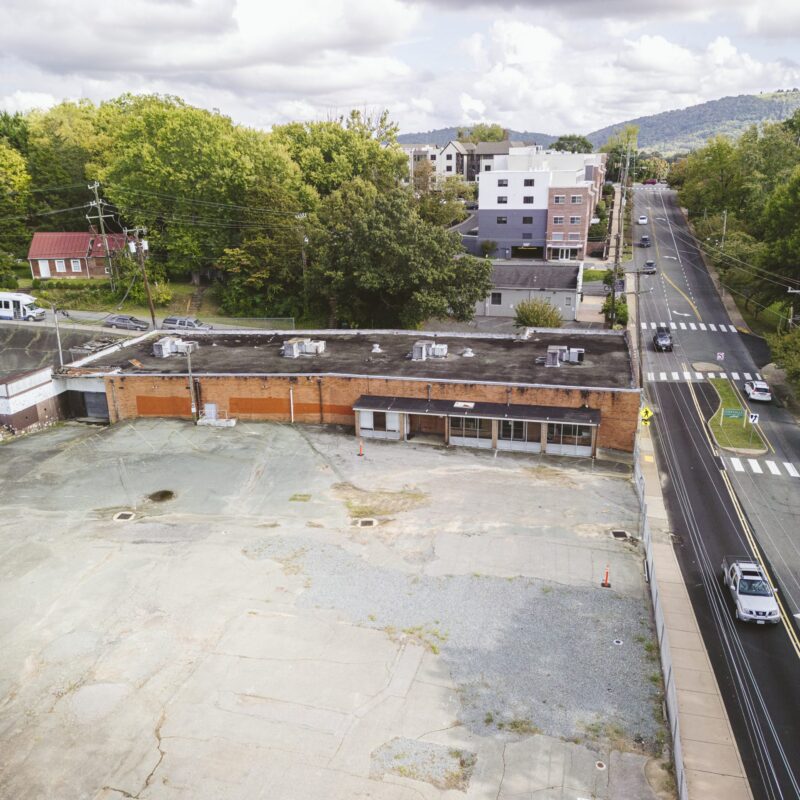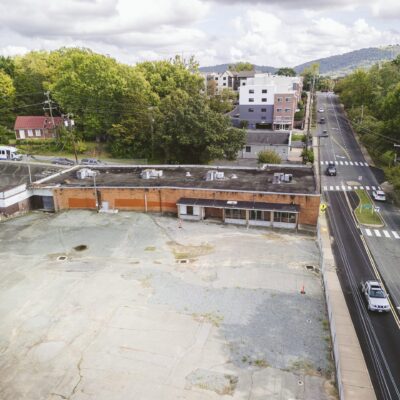All the vitriol stirred up by my recent post about Harris Teeter has me thinking. It’s a paradox that environmentalists face criticism of the "get off my life" variety when we’re actually attempting to help both the planet and humanity. Somehow, we’re perceived to be scolding dimwits, out to take away people’s freedoms. Yet the freedoms that get defended in this oft-replayed argument are usually those that do harm when exercised: the freedom to guzzle gas, pollute streams and occupy eight-bedroom houses. In other words, the critics believe their private rights trump the common good, including their own children’s future well-being. That’s a pretty tough nut to crack.
This morning, I came in to work, picked up yesterday’s Times, and immediately saw this piece about a German community where 70 percent of residents do not own cars. The streets are almost totally car-free; people get around by tram, bike or foot, and if they want to own a car, they buy a parking spot in a centralized garage for $40,000. Predictably, they are happy and safe and have saner daily lives than suburbanites who drive everywhere. "’When I had a car I was always tense. I’m much happier this way,’" as the piece quotes one resident. The benefits to the common good are obvious: less pollution, less noise, less waste and less danger.
True, these families are a self-selected group. No one "took away" their cars. Let’s look for another example of the common good being served by individual sacrifices—an example where everyone has to make the sacrifice whether they prefer to or not. We can find one pretty close to home, an example that also involves a community-wide agreement to limit individuals’ right to drive cars. It’s so close, in fact, that I can see it from here.

Yes, our own beloved Downtown Mall: a shining example of the mutual benefits we can have when we give up a bit of personal convenience. We are not free to drive on the bricks, but we’re free to be pedestrians, which is dangerous or difficult in much of our town. If anyone would like to argue that their own personal right to drive down Main Street is more important than what our community gains by denying that right, by all means, go right ahead. In the meantime, I’ll continue to argue for some personal sacrifices by everyone. I think that’s the right path.



